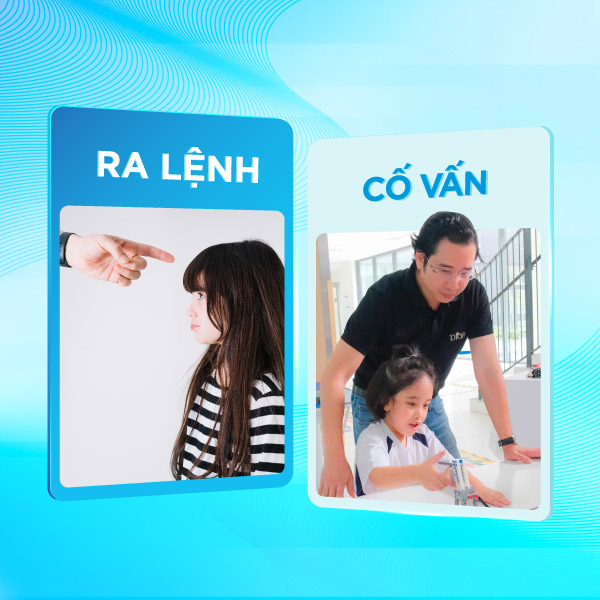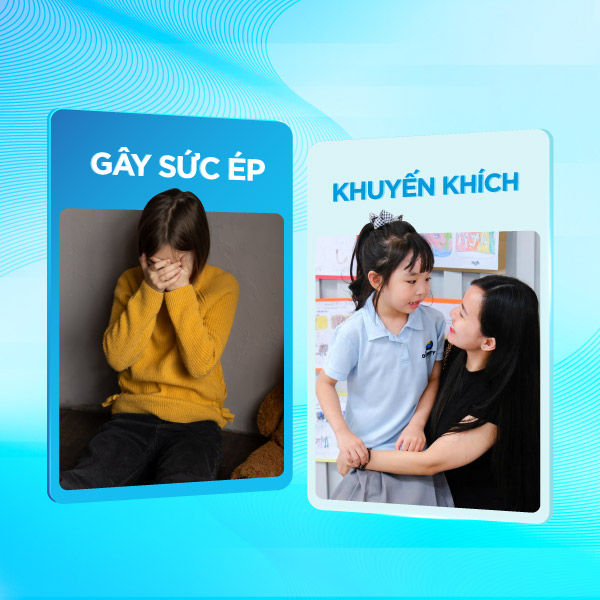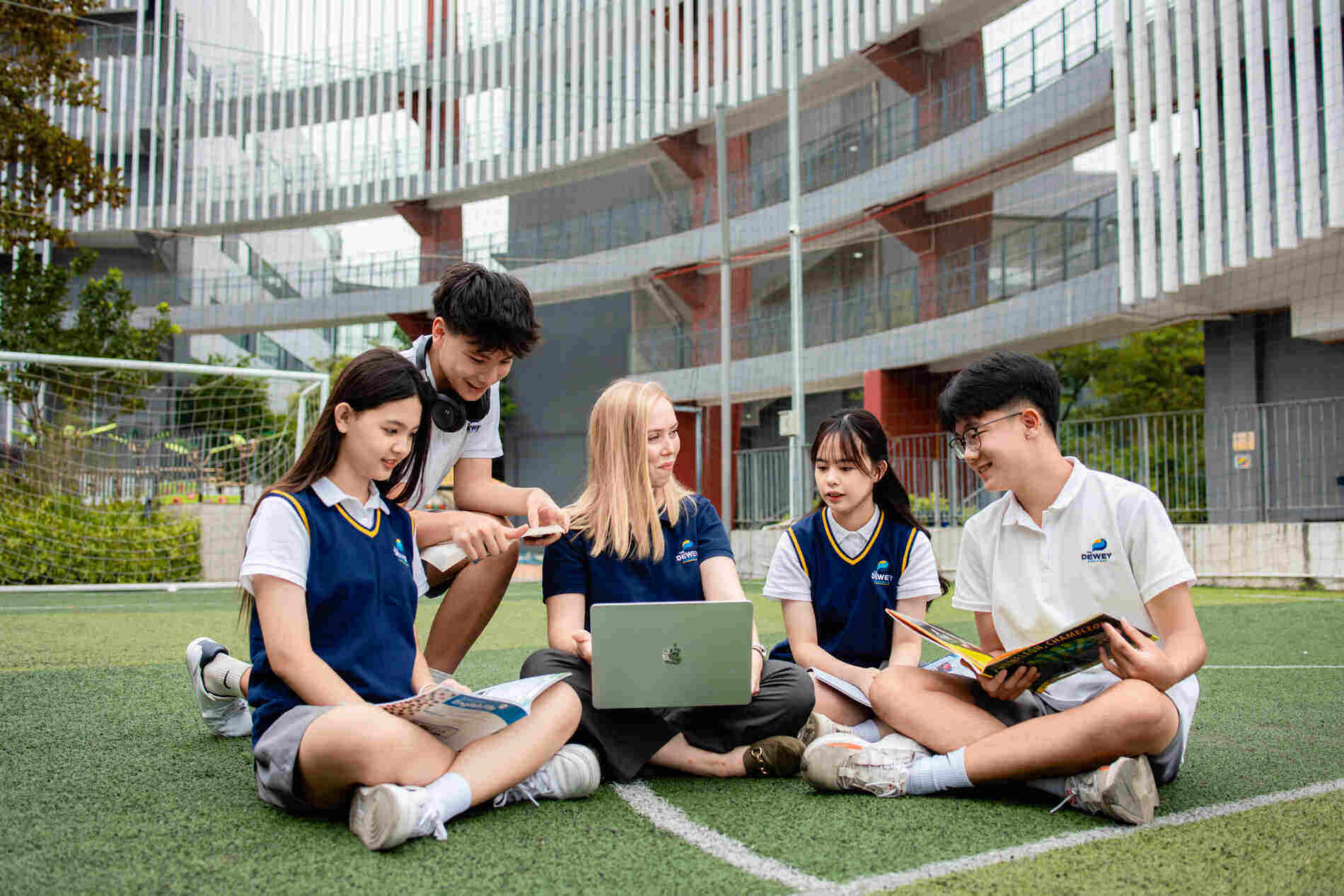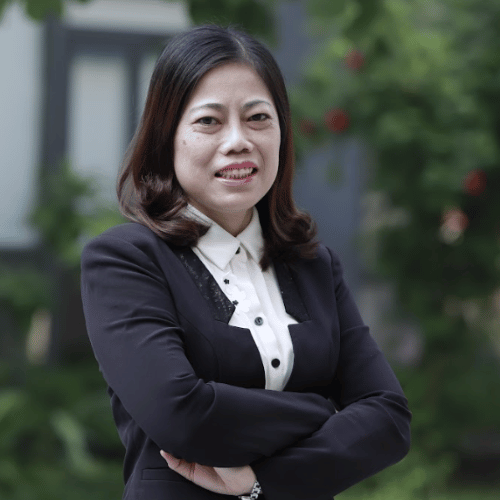What do parents typically do when their child makes a mistake?
Raise the voice and scold the child immediately;
Strictly impose a punishment;
Forbid things the child enjoys?

Many parents believe that these traditional disciplinary methods will make children fearful or ashamed, preventing them from repeating the same mistakes. However, this is not an effective approach to changing a child’s behavior and attitude in the long run. Let’s explore the four key differences between Traditional discipline and Positive discipline to make informed decisions in raising confident and happy children.
1. FUNDAMENTAL PRINCIPLES
- Traditional Discipline: Focuses on controlling behavior through punishment and strict demands, instilling fear or anxiety in children to ensure immediate compliance with rules.
- Positive Discipline: Centers on building positive relationships and encouraging good behavior through explanation and motivation. The goal is to guide children to be responsible, cooperative, flexible, and self-disciplined without harming their self-esteem.
2. HOW TO RESPOND WHEN A CHILD MAKES A MISTAKE
- Traditional Discipline: Employs punitive measures such as scolding, spanking, time-outs, or prohibitions. Parents often issue commands and demands without explaining or listening to the child’s perspective.
- Positive Discipline: Instead of punishing or giving orders, this approach emphasizes communication and explaining why the behavior is inappropriate. It often includes encouraging positive behaviors and offering alternative choices.
3. PARENT-CHILD RELATIONSHIP
- Traditional Discipline: Can lead to a lack of empathy for the child’s thoughts and feelings, potentially creating distance within the family as the child may feel controlled or unheard.
- Positive Discipline: Fosters a closer, more trusting relationship as parents are willing to listen and empathize with the child’s emotions, thereby supporting the child in learning and problem-solving.
4. IMPACT ON CHILDREN’S PSYCHOLOGY
- Traditional Discipline: While this method may result in immediate compliance, it often leads to fear, a lack of confidence, and hinders the development of independent problem-solving skills.
- Positive Discipline: In contrast, this approach fosters confidence and problem-solving skills as children are empowered and take responsibility for their actions in a supportive environment. It also emphasizes the development of social skills and emotional self-regulation, helping children learn to make good decisions and act positively in the future.
Positive discipline is widely recognized as a progressive method that helps build strong family connections through love and respect.
If you’re looking for ways to apply Positive Discipline in parenting, don’t miss the upcoming workshop “Correcting the Child or Correcting Ourselves” and the opportunity to join the special “Positive Parenting” course, completely free of charge!
Led by Associate Professor Dr. Le Van Hao – a psychology and education expert, and former Deputy Director of the Institute of Psychology at the Vietnam Academy of Social Sciences with nearly 20 years of experience – the workshop will provide parents with valuable tips on Positive Discipline, including Time-Outs, Managing Anger, Encouragement, and Active Listening.
- Time: 9:00 AM – 11:00 AM, Saturday, September 7, 2024
- Location: The Dewey Schools Tay Ho Tay Theater, Lot H3-LC, Starlake Urban Area, Hanoi
- Get your workshop ticket at: https://forms.gle/VAb5ogEEbTqbAL618





























